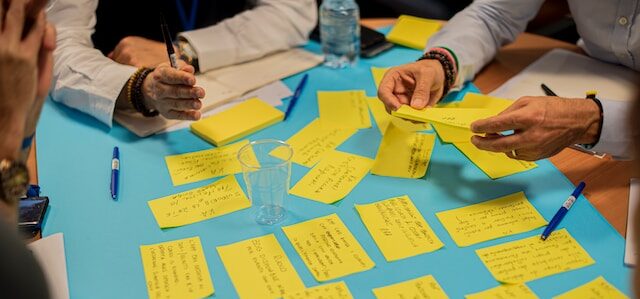In this article in the journal Internationales Verkehrswesen, Laura Mark, Annika Busch-Geertsema, Jessica LeBris, Gesa Matthes and Kerstin Stark present a practical approach to assess the justice of transport measures in various dimensions. The approach and the article were developed in the context of the working group “Mobilität, Erreichbarkeit und soziale Teilhabe” of the Academy for Spatial Development in the Leibniz Association (ARL).
Summary
This paper presents a practical tool for taking a systematic “second look” at mobility transition measures through the lens of justice. It can be used for conceptual support during planning and implementation, for reflection during or after the process as well as ongoing monitoring. Three dimensions of justice can be used to analyse which population-groups benefit from these measures. The dimensions used are distributive justice, recognition of different realities of life and procedural justice, which have been further differentiated and combined in an easy-to-use matrix.
To differentiate the recognition of different realities of life, the Persona approach is employed. In a Persona, specific characteristics are combined that can influence and restrict mobility options, decisions, and activity chains. The article proposes a system for developing custom Personas, but the Personas already developed by the authors can also be used for the application.
The article provides a detailed presentation of the dimensions of justice and the Persona approach. It can be downloaded here:
Furthermore, the evaluation tool, including a user manual and suggestions for Personas, can also be downloaded in Excel format from the ARL Mobility Working Group website (scroll down). The authors welcome feedback and encourage free use and further development.




